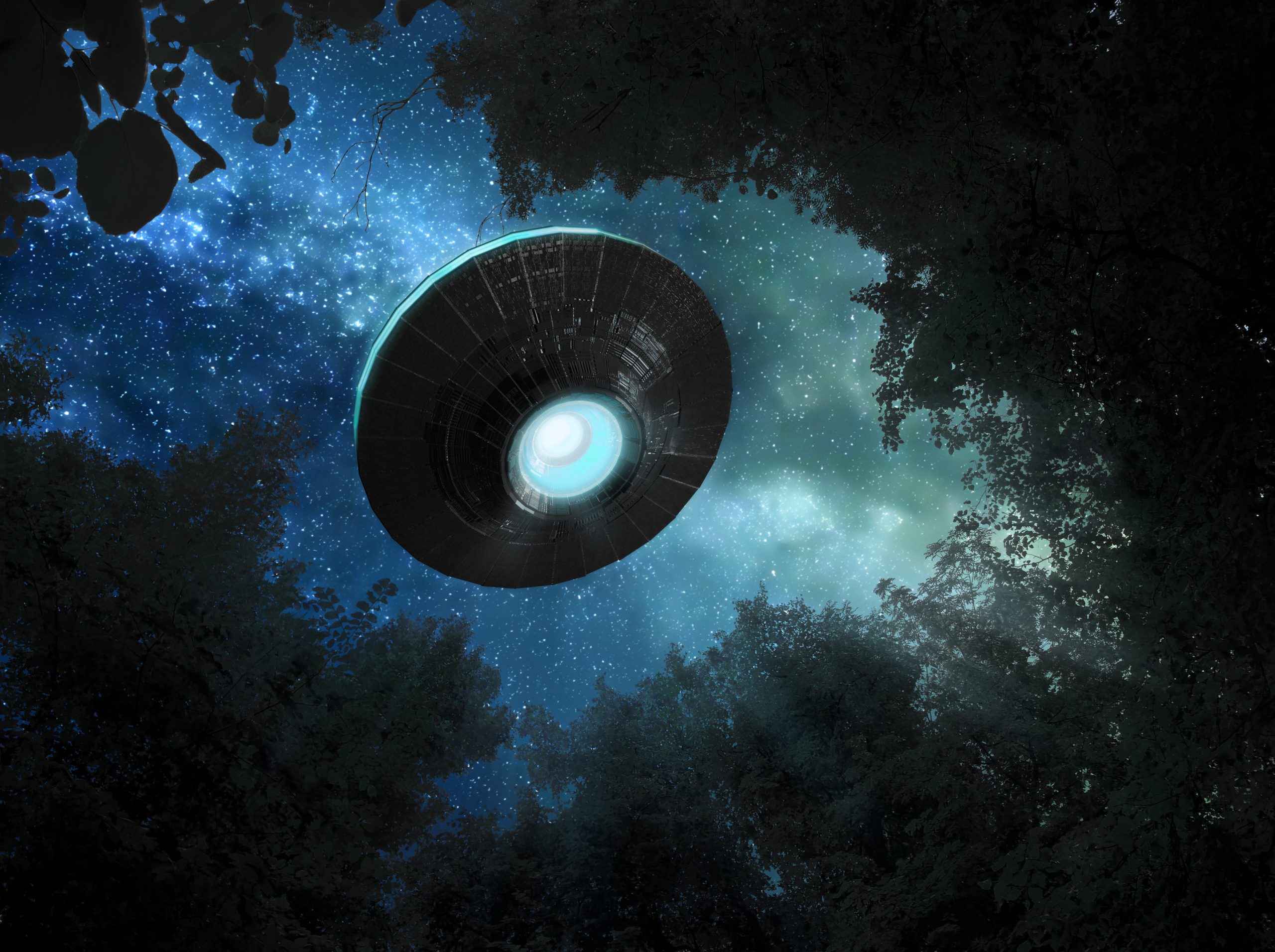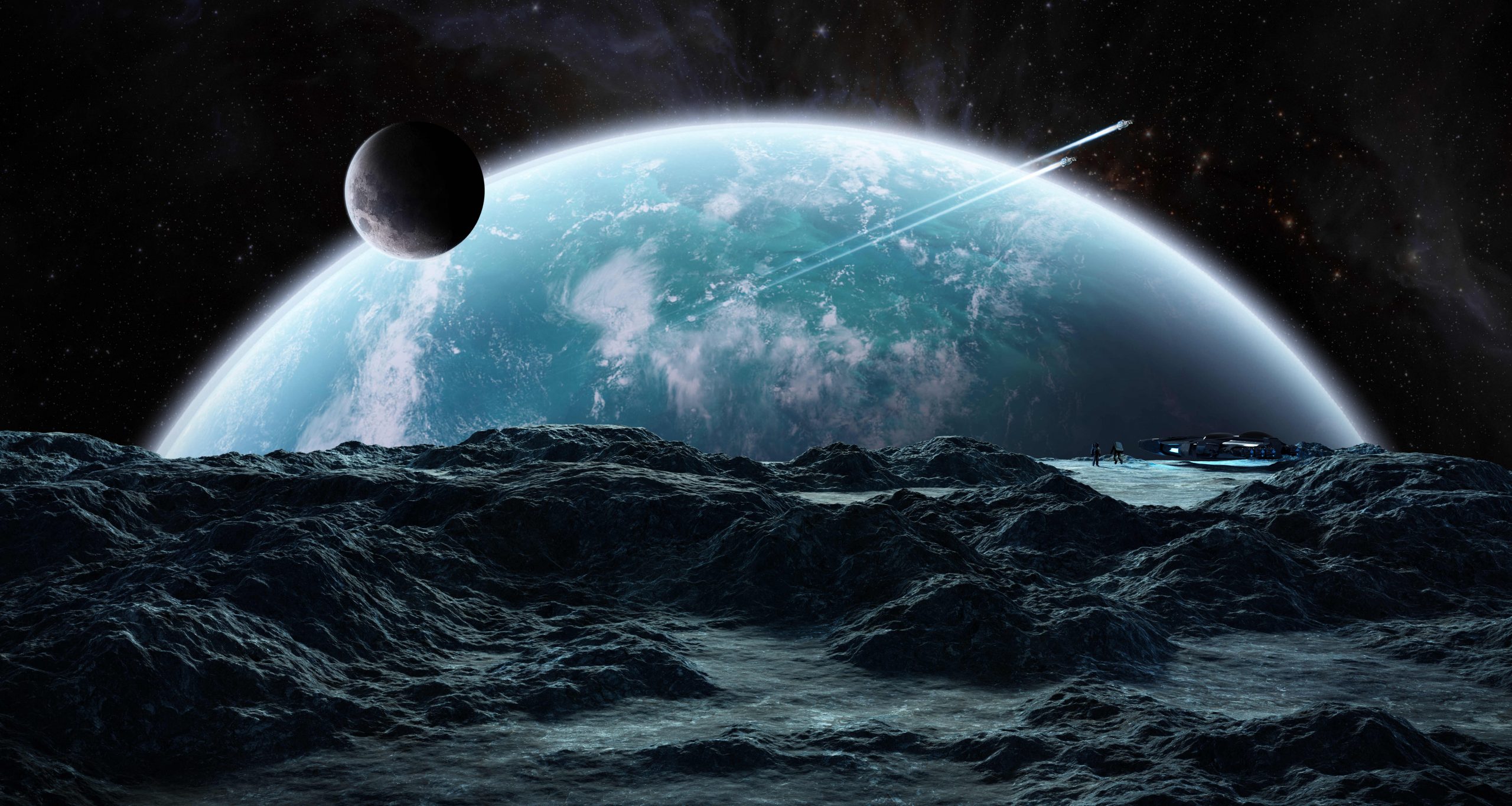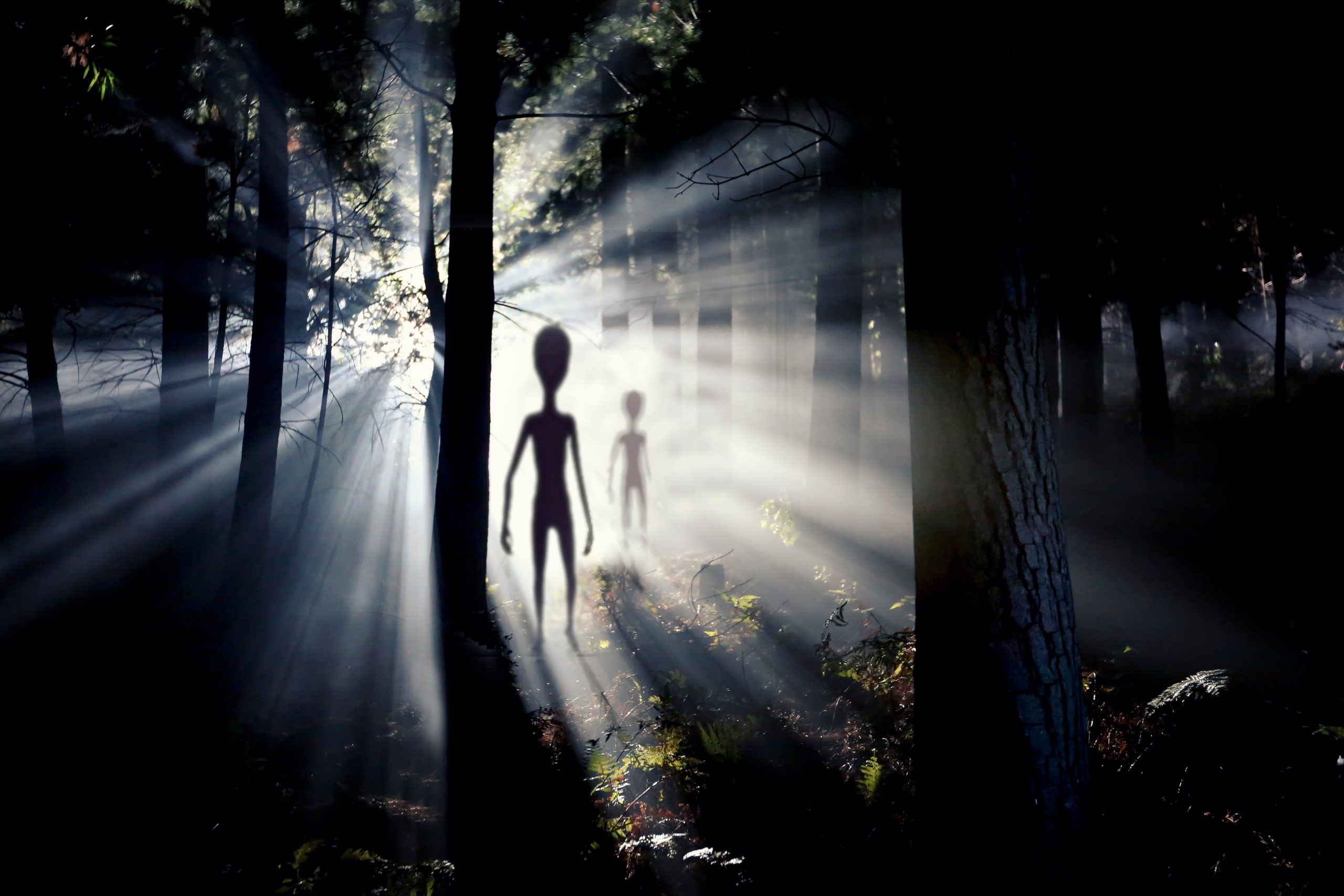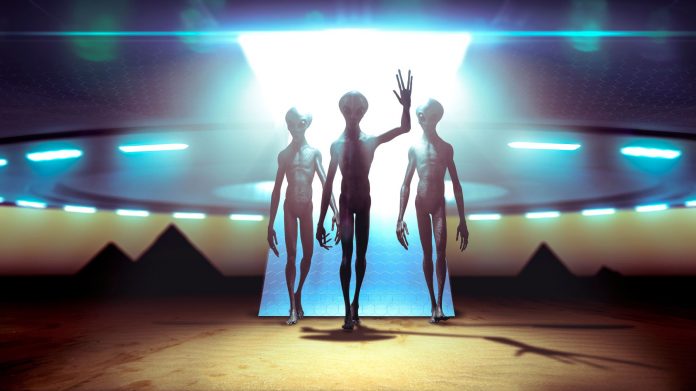Speculation has been rife about the contents of an unclassified report set to be released later this month from the Pentagon’s Unidentified Aerial Phenomena (UAP) task force.
The document, expected to drop on June 25, will supposedly provide a comprehensive summary of what the US government knows about UAPs — or, to use the more popular term, UFOs.
While the report is not yet public, the New York Times recently published what it claimed was a preview of the findings, provided by unnamed senior officials who were privy to the report’s contents.
According to the Times’s sources, the report does not provide any clear link or association between more than 120 incidents of UFO sightings from the past two decades, and a possibility of Earth having been visited by aliens.

If the Times’s sources are to be believed, there’s clearly still no good reason to interpret an unexplained object in the sky as evidence of aliens. But does that mean aliens aren’t out there, somewhere else in the universe?
And if they are, could we ever find them? Or might they be so different to us that “finding” them is impossible in any meaningful sense?
We asked five experts.
Four out of five experts said aliens do exist.
Here are their detailed responses.
Jonti Horner – Astrobiologist
I think that has to be a definite yes. But I think the real question is, are aliens close enough for us to discover them?
Space is unbelievably big. In the last few decades, we’ve learned almost every star in the cosmos has planets. Our galaxy, the Milky Way, is estimated to have up to 400 billion stars. If each of those has five planets, we’d have two trillion planets in our galaxy alone. And we know there are more galaxies in the cosmos than there are planets in the Milky Way. In other words, there’s a lot of real estate out there. And with so much variety, I find it impossible to believe Earth is the only planet that has life — including intelligent and technologically-advanced life.
But will we ever find such extra-terrestrial life? That’s a tough question. Imagine one in a billion stars host a planet that can develop technologically advanced life which is able to scream its existence into the cosmos.
Well, that would give us 400 stars in our galaxy with technologically advanced life. But our galaxy is vast — 100,000 light years from side to side. That’s so big that those stars would, on average, be some 10,000 light years apart. That’s way too far for us to hear alien signals (at least at the moment) — unless they’re way more powerful than anything we can send!
So while I do believe alien life exists, I think finding proof of this will prove astonishingly hard.

Steven Tingay – Astrophysicist
Yes, but that’s a bold assertion. So, let’s be clear what we are talking about.
I consider the term “alien” to reference all manner of life, as we understand it on Earth, resident in places other than on Earth. Having said that, there is currently no detailed consensus on the definition of “life”. It is a very complex concept. But if we found something like bacteria somewhere other than on Earth, I would classify this as alien life.
The universe contains hundreds of billions of galaxies, each of which can be composed of up to billions and billions of stars. Most of these stars have at least one planet each. These planetary systems form out of a rich mixture of elements, including all the elements regarded as essential for “life”. So, it is hard to believe that the particular mix of conditions that resulted in “life” only occurred on Earth, and not on the trillions of other planets in the universe.
But it remains to be seen whether this life is like bacteria, or is an exciting “technologically advanced civilisation” we can communicate with. A significant effort is underway to search for alien civilisations which may be using similar technologies to us, such as powerful radio telescopes sending out radio wavelength communications from distant planetary systems.
And then of course, it’s possible our definition of “life” may turn out to be quite narrow, and that aliens — wherever they are — may play by a completely different set of rules.
Helen Maynard-Casely – Planetary scientist
I’m of the opinion that it’s only a matter of time before we find something that resembles biology somewhere other than on Earth. This is because we’re increasingly finding various potential pockets in our solar system that may be hospitable to life as we know it. For instance, consider the under-ice oceans of Europa and Ganymede (two of Jupiter’s large moons): these are places where the temperature is just right, there is access to water and to minerals, too. Then again, that’s viewing things with a very Earth-like lens, and of course alien life could be very different to our own.
That’s why I’m really excited about further exploration of Saturn’s moon Titan. Titan has a whole range of interesting molecules on its surface, as well as active weather systems to transport them about — this too, all within our solar system. And we know there are other solar systems within our galaxy.
Considering all of the above, it really does feel more and more inevitable that we will find a niche for some active biology somewhere. Whether it can say hello to us? Well, that’s a different question.

Rebecca Allen – Space technology expert
Yes, but they probably don’t look like us.
There are more than 100 billion planets estimated to exist in our galaxy alone (with some six billion potentially being Earth-like). Therefore, the probability that life exists elsewhere is all but confirmed.
When we hear the word “alien”, however, an image of a humanoid lifeform usually springs to mind. But even on Earth, the most predominant form of life is much older, smaller and more resilient. I’m talking about microorganisms, of course. These organisms defy science by existing where life has no business existing, such as in the sludge around volcanic vents. I would bet alien life exists in the form of these “extremophiles”.
In fact, NASA just sent a team of tiny tardigrade (or “water bears”) astronauts to the International Space Station so that human astronauts can study how they perform in this extreme environment. With key ingredients for life being discovered in our solar system, it seems probable Earth’s toughest lifeform are spread across the galaxy.
But what about more advanced life? The reality is space is vast. And from the Kepler mission we learned it’s hard to find other worlds, let alone identify one that resembles Earth. Add on the fact it took billions of years for advanced life to thrive on Earth, and there’s a slim chance of us finding a similar species of alien.
But hope remains, and scientists continue to use advanced radio telescopes to search the skies for new forms of radio communication.
Martin Van-Kranendonk – Astrobiologist
A simple answer to this question is no.
If we use purely empirical data and assume the question refers to any type of life outside of Earth that is not related to human activity, then the answer — as far as we know — must be no.
But, of course, our knowledge relating to this question is finite; we have not investigated every corner of the universe for signs of life and we do not even know what may constitute life in another chemical system, as there is no agreed-on definition of carbon-based life even here on Earth.
So, perhaps, the more expanded answer is we do not know. In fact, we may never be able to definitively answer this question. But of course, there is much work being done in an effort to figure this out.
Perhaps one day we can know if we have nearby inter-planetary neighbours, or if indeed we are alone. Or perhaps we never will.
Authors
Deputy Editor, Multimedia, The Conversation Australia.





